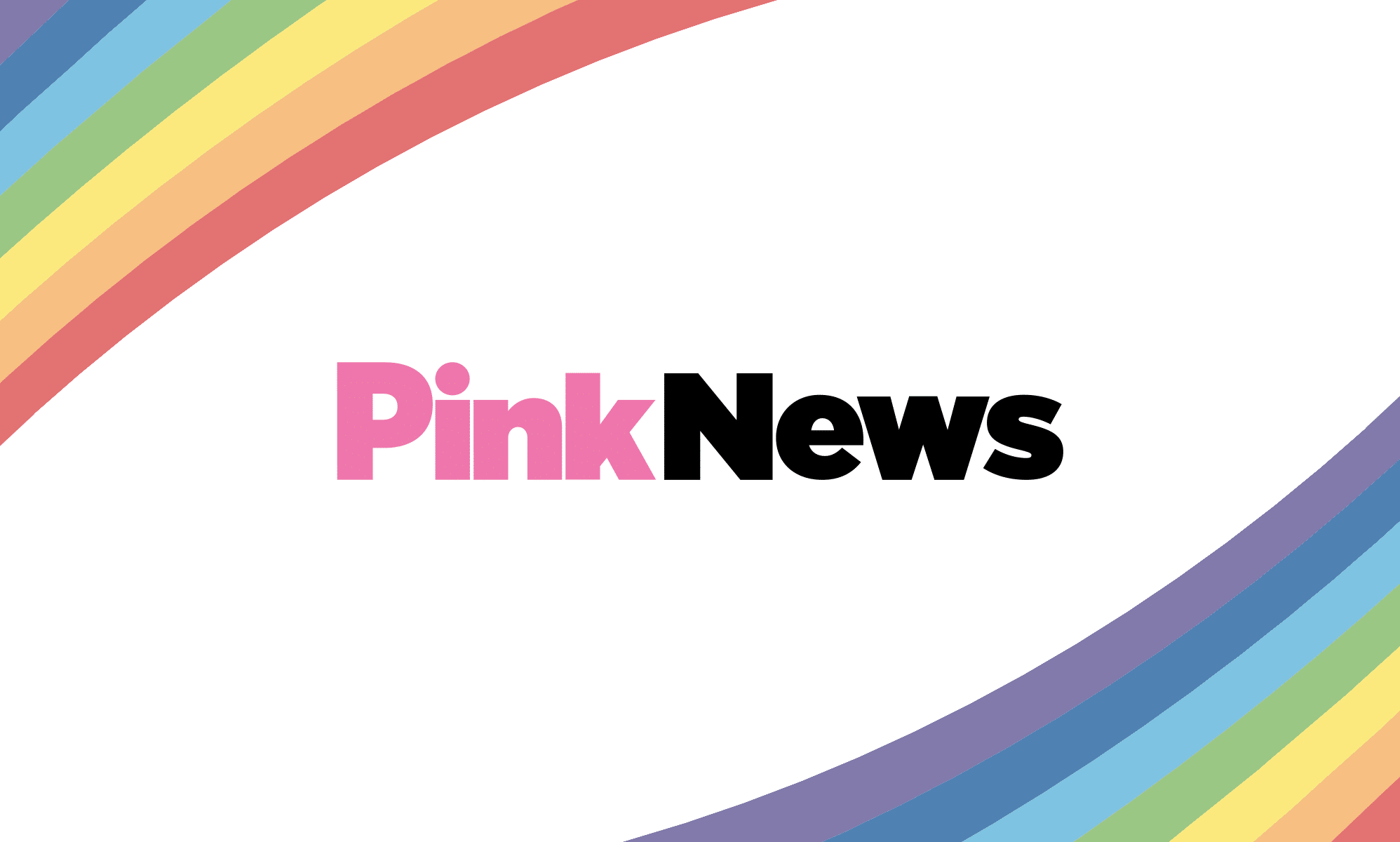Japanese TV station apologises after ‘mocking gay men’

A TV station in Japan has been forced to issue an apology, after re-running a show which openly mocks a gay character.
Fuji TV, which is based in Tokyo and operates three separate channels, had broadcast a one-off revival of ‘The Tunnels Thanks to Everyone’ to mark the show’s 30th anniversary.
However, while it featured a comedy duo who achieved mass popularity in the country in the 80s, the broadcaster was inundated with complaints about a gay character called “Homo-oda Homo-o”.
In Japan the term “homo” is used as a derogatory insult towards gay men, with the character also mocked throughout the broadcast with comments such as “you’re a homo right?”.
The man also appeared in stereotypical makeup, dressed with blue stubble and pink cheeks.
As well as complaints from the public and on social media, LGBT groups in the region said showing the piece not only made fun of minority groups, but mocked their human rights.
In a statement, the broadcaster said they “deeply regretted” the move, adding that they’d never intended to insult LGBT people.
“We sincerely apologize for making sexual minority people and many other viewers feel unpleasant over the expression we made that could be seen as if we were mocking homosexual men.
“We deeply regret that our understanding regarding the image the character has long projected, its impact on children, as well as regulatory reforms and changes in social circumstances surrounding LGBT over the years, had been extremely insufficient,” they concluded.

Previously the broadcaster also came under criticism for a lesbian drama it aired – the country’s first – which was slammed for being “out of date”.
It told the story of two women, aged 18 and 21, who initially clash when they become stepsisters as their parents marry, but then fall in love.
Maki Muraki, the head of Nijiiro Diversity, which campaigns for workplace equality for LGBT people, said the advertising poster was sending the wrong image.
“Having two girls lying naked on a white sheet and using words like ‘forbidden’ is a little out of date, I think,” Muraki told The Japan Times
LGBT awareness in the country also came under fire earlier this year, after it was revealed that incidents of teachers outing gay pupils were on the rise.
In April, the Government also ruled against including any items about gay or same-sex relationships in the school curriculum.
As the review only happens once in a decade, the move essentially means LGBT inclusive education is off the cards for at least ten years.
Speaking at the time, Human Rights Watch slammed the decision as a “missed opportunity”.
Same-sex marriage is also not currently legal in the country, despite a 2015 poll showing the majority of the public were in favour.
Several cities have started to recognise unions on a regional basis though, including Iga in the Mie Prefecture and Shibuya and Setagaya wards in Tokyo.

